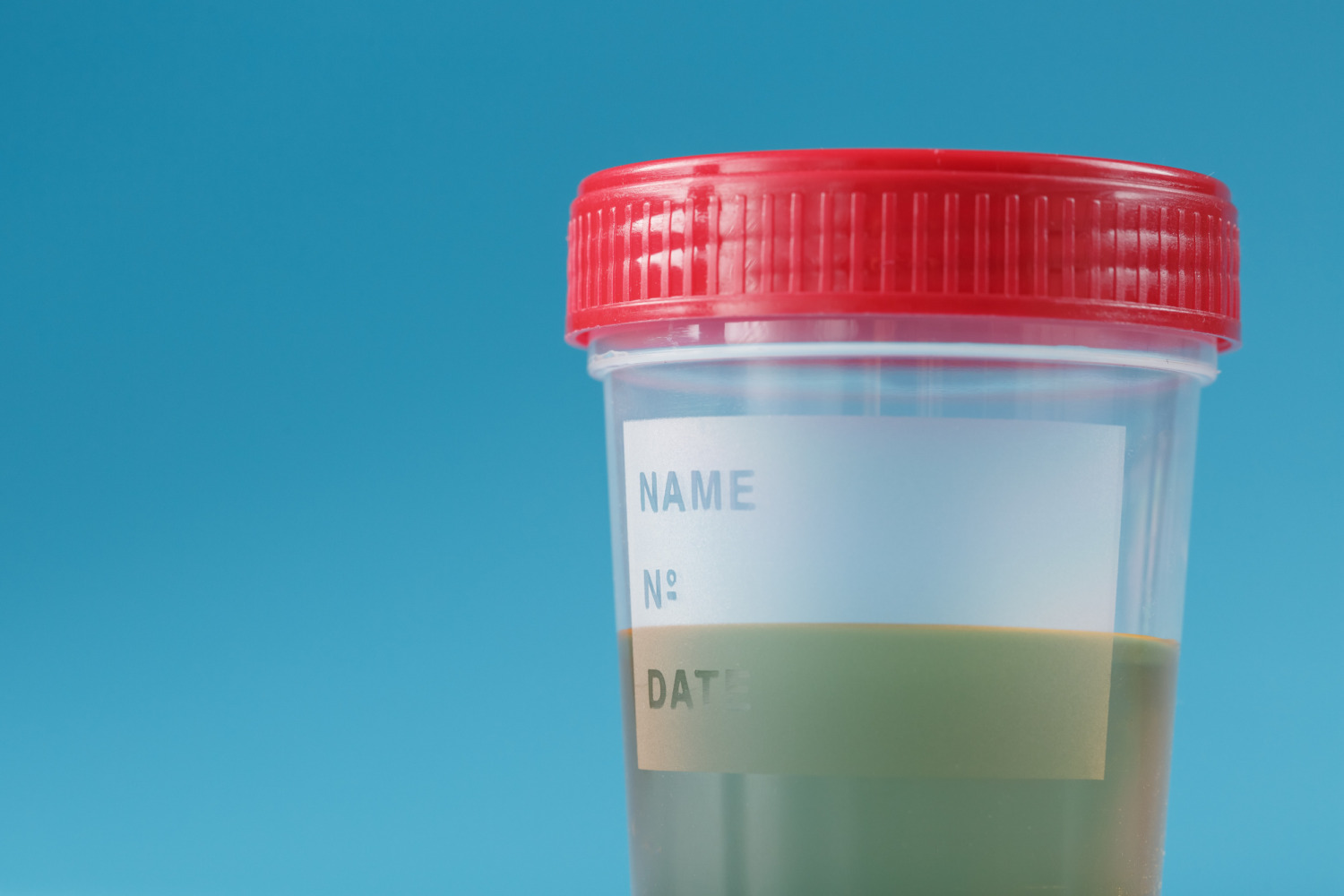Are you an employer trying to navigate an employee’s failed DOT drug test? The Department of Transportation (DOT) requires strict adherence to drug and alcohol testing regulations for safety-sensitive employees. These measures are essential to ensure public safety and maintain the integrity of critical industries such as transportation, aviation, and railways. As an employer, understanding these regulations and implementing compliant procedures is crucial for avoiding penalties and ensuring workforce readiness.
Navigating Failed DOT Drug Tests and DOT Compliance
DOT-regulated employees are strictly prohibited from using controlled substances, including marijuana, even if legally prescribed under state laws. Drug testing identifies substances such as marijuana (THC), cocaine, opioids, amphetamines, and phencyclidine (PCP). Tests are conducted via urine or oral samples in certified laboratories, ensuring accuracy and confidentiality. Any positive test result triggers immediate removal from safety-sensitive duties.
Role of the Employer
Employers play a critical role in ensuring compliance. They must:
- Develop and implement a comprehensive drug and alcohol testing program.
- Maintain clear policies outlining prohibited substances and testing protocols.
- Conduct required training for supervisors to identify signs of substance use.
- Manage records securely and submit annual testing reports to the DOT when applicable.
DOT compliance is more than a legal obligation; it is a commitment to safety. Ensuring employees are fit to perform a safety-sensitive duty protects the public, upholds industry standards, and enhances operational efficiency. By staying informed and proactive, employers can foster a culture of safety and accountability within their organizations.
Safety-Sensitive Employees and a Failed DOT Drug Test
A failed DOT drug test affects safety-sensitive employees. Safety-sensitive roles include positions where impaired performance could endanger lives, such as commercial truck drivers, airline crew, pipeline operators, and transit workers. The DOT mandates drug and alcohol testing for these employees in several scenarios: pre-employment, random testing, reasonable suspicion, post-accident, return-to-duty, and follow-up testing.
If an employee receives a failed a DOT drug test, they must cease performing safety-sensitive duties immediately. Employers must refer the individual to a Substance Abuse Professional (SAP) who evaluates and develops a treatment or education plan. Once the employee has shown compliance they perform a follow-up evaluation. After completing the SAP process, the employee must pass a return-to-duty drug test and participate in follow-up testing as determined by the SAP.
SAP Referral Services, Your Bridge to Qualified SAPs Nationwide
Navigating DOT compliance can be complex. Partnering with specialized services, such as SAP Referral Services, can simplify the process by connecting employees to qualified SAPs and providing resources for meeting DOT requirements. Employers may also consult with third-party administrators to streamline testing procedures and maintain compliance.To learn more, contact SAP Referral Services today.
